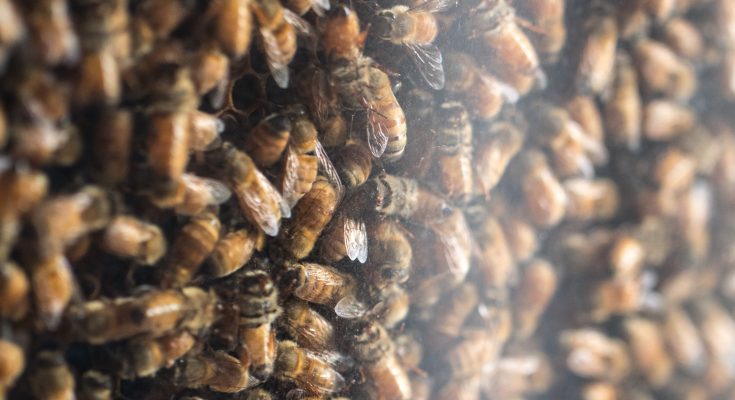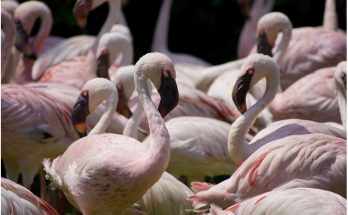Toronto/CMEDIA: Canada suffered the largest rate of colony loss in the country in the last 20 years with nearly half of Canada’s honeybee colonies didn’t survive the winter according to preliminary data.
Ernesto Guzman, president of the Canadian Association of Professional Apiculturists, who surveyed commercial beekeepers across the country said that although several factors could have led to the deaths of bees, the main factor is the varroa mite, a parasitic bug that attacks and feeds on bees.
While the warm weather in the spring of 2021 was responsible for an early pollinating season and strong colony expansion, these same weather conditions also favored the growth of varroa mites, he said.
Bee colonies which started to grow early in the season, ended up reproducing late in the season. Coinciding with this was the varroa populations’ high explosion at the end of the summer.
The treatment of mites with pesticides used by most of the beekeprs begin only after they harvest honey before as pesticides cannot be applied while there is honey in the hives.
The honey industry, said Guzman may have to either consider other treatments or harvest the honey earlier than usual in order to use the pesticides.
Guzman’s survey showed that 46 percent of colonies across the country didn’t survive last winter.
According to the Agriculture and Agri-Food Canada, health of bees along with their crop pollination and honey production is vital to both the environment and the economy.
“In Canada, the production of canola seed is by far the most economically significant crop produced with the contribution of honeybees, generating $12 billion in farm gate value in 2021,” the department said in a statement and added that the government and the beekeeping industry arecollaborating to address the high mortality of bee colonies and the impact of varroa mites.
Blaming an early spring and a long, hot summer last year for parasitic mites getting a foothold in many hives, Canadian beekeepers are calling on the Canadian Food Inspection Agency (CFIA) to allow import of more bee imports from the U.S.
Studies on other treatments are being funded by the government by investing more than $550,000 toward research on the efficacy and safety of three probiotics that can be potentially used to improve the health and survival rate of bees.
#Canada, #beecolonies; #Mites





